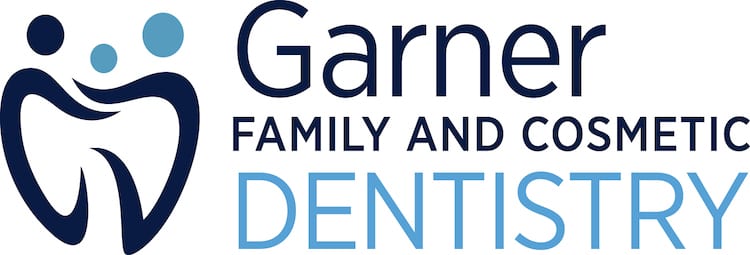It is common for our patients to be initially nervous when they come to visit us. Whether it’s young children who are unfamiliar with our dental tools or adults who have had previous negative experiences at the dentist, Garner Family and Cosmetic Dentistry is here to ensure all of our patients are comfortable. If you suffer from Dentophobia, or the fear of dentists, Dr. Matthew Jenne, and our team are here to help you overcome this fear for the overall improvement of your oral health.
Dental Anxiety
There are many reasons someone can experience anxiety about going to the dentist. The following are common anxieties our patients have before visiting our office:
- The Dentist – Many people who have had negative experiences with dentists in the past are hesitant to see someone new. However, Dr. Jenne is here to provide you with the compassion you need to feel comfortable discussing your dental health.
- Pain – Because we offer a substantial list of procedures, many of our patients worry about the varying pain levels of each procedure. Our team works to ensure that any discomfort you feel during a procedure is minimal and limited. We also offer sedation dentistry solutions.
- Loud Noises – The equipment we use throughout your appointment can make startling sounds. We understand that these sounds can make patients uneasy. Our team is in no rush throughout your appointment, so if you need a break from the loud noises, we are happy to give you one.
If you find yourself hesitating before making an appointment with us, know that we are happy to provide a hands-off consultation with you. This allows you the chance to get to know Dr. Jenne and our team before any cleaning or procedure is done
The Importance of Proactive Dental Health
If you’ve been putting off visiting Garner Family and Cosmetic Dentistry due to dental anxiety, know that we are here to help you when you are ready. Most dental concerns need to be addressed promptly before they result in more severe issues. Additionally, regular teeth cleanings are needed to reduce the risk of gum disease.
Our team does not want you to suffer the consequences of neglecting your dental health. Being proactive with your dental health is important, and we are here to help you do that. We ensure you are fully informed of your treatment plan so that there are no unexpected surprises during your appointment.
Dental Anxiety FAQs
What can I take for anxiety at the dentist?
Patients who struggle with severe dental anxiety may take anti-anxiety medication prior to a dental visit. Valium is a common anti-anxiety medication dentists can prescribe to patients. Some may also take some nitrous oxide to calm them down at an appointment.
Is dental anxiety common?
Dental anxiety is very common. It affects about half of the population to some degree. If you experience dental anxiety know that you are not alone and that your dentist deals with it daily.
How do I cope with anxiety?
The best way to deal with anxiety is to learn how to relax and calm your nerves at any place and any time. Making sure you are well-rested and nourished is a great way to regulate anxiety. Some people find getting out in nature helps them with their anxiety. Others find that spending time entirely alone is best for them.
How do I get over my fear of dental injections?
We recommend that patients that have a fear of dental injections try a numbing gel first. This will numb the area so that you feel nothing when the dentist conducts the injection. Thus calming nerves and making it a pain free procedure.
Can you be put to sleep for dental work?
Yes, but it is not as common as you think. We can use dental sedation during procedures, especially when dealing with patients who suffer from dental anxiety. However, we use conscious sedation in place of general anesthesia, because it is safer. You won’t remember much of the procedure under deep sedation. Some people have no recollection whatsoever.
Should I tell my dentist I have anxiety?
Being open and honest with your dentist and the rest of the staff about your anxiety will go a long way toward making your visit as pleasant as possible. We have techniques that can help make your visit more comfortable. The sooner you tell us that you have dental anxiety the sooner we can start to take preventative measures.
